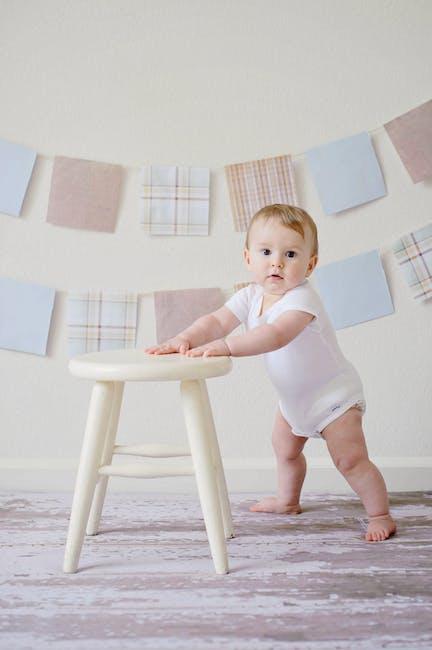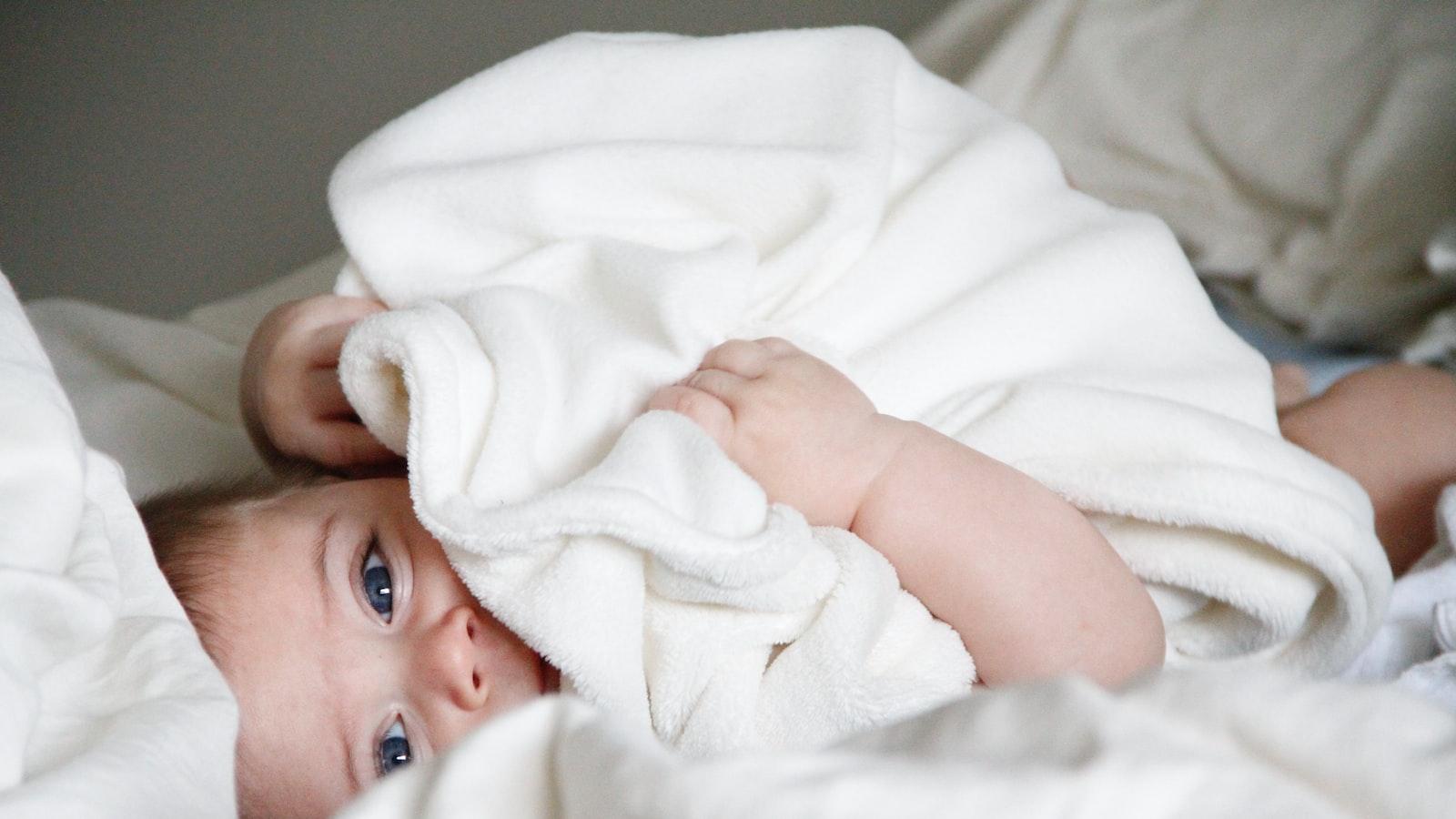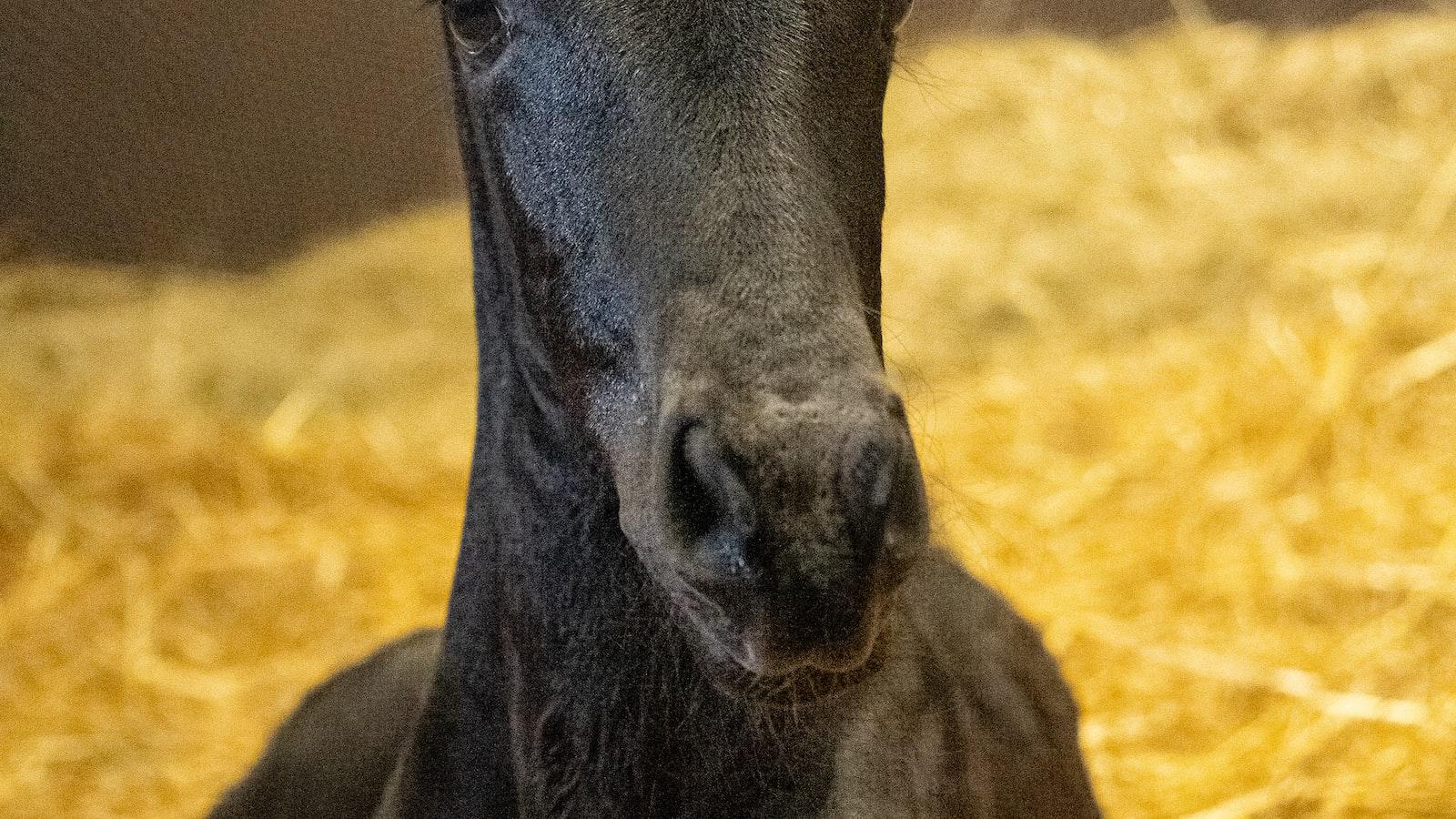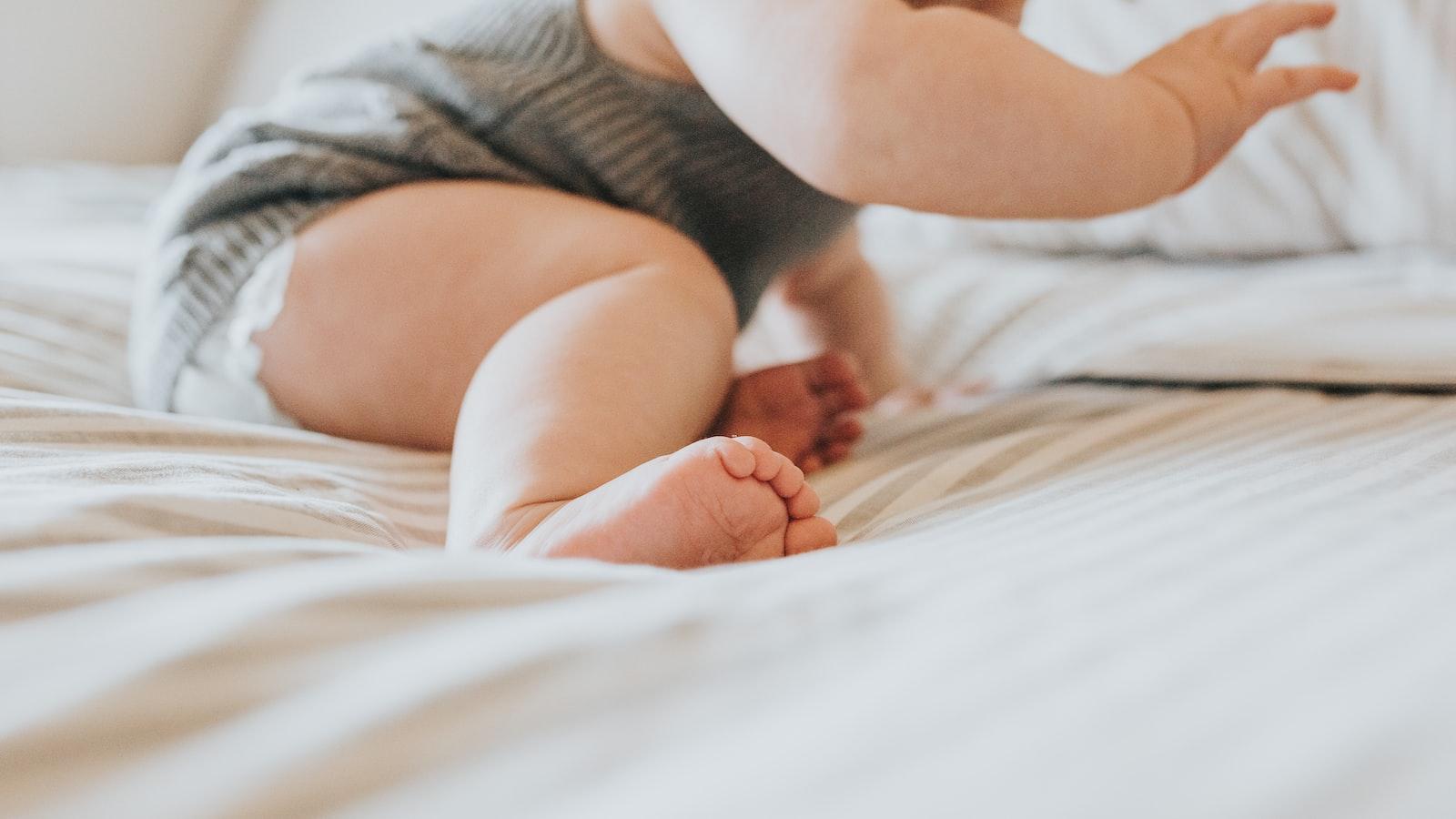When babies get excited, they often express their excitement by shaking their arms and legs. This behavior, known as trembling, is a common way for infants to express emotion. It is usually a sign of happiness and joy, and can be seen in babies as young as two months old. It usually does not mean that the baby is cold or scared. Instead, it is an indication of the baby’s enthusiasm and joy.When babies become excited, they may shake as a way of expressing their emotions. This is due to their immature nervous system and lack of control over their movements, which causes them to become overwhelmed with emotion and involuntarily shake.
Signs of a Baby Being Excited
Babies are incredibly expressive and their excitement is often easy to spot. One of the most common signs that a baby is excited is when they start to squeal or make high-pitched noises with their voice. They may also clap their hands, kick their legs, and move around in their seat as they express their delight. They may also smile widely and laugh as they become filled with joy. Babies may also babble and talk in an excited manner as they become overjoyed with something new or interesting. Another sign that your baby is excited is when they start to reach out and touch the object or person that has caught their attention. Babies can demonstrate excitement through physical movements such as jumping up and down, dancing, or waving their arms around. They will often move quickly and energetically as they explore the world around them.
Babies may also demonstrate excitement through facial expressions. When excited, babies often widen their eyes and look around in amazement at what’s happening around them. They may also open their mouths wide in surprise or joy. A baby’s face may also flush red when filled with excitement. A baby’s body language can change quickly when they become excited; if they are feeling shy or uncertain about something, these feelings are replaced by eagerness and enthusiasm when something catches their eye.
Above all else, babies express excitement through sound. Whether it’s a squeal of delight or a burst of laughter, babies love to make noise whenever something exciting happens! They will often chatter away eagerly, making all sorts of noises as they explore the world around them. So if your baby starts making strange noises or talking in an energetic tone it could be a sure sign that they’re feeling excited!
Does Shaking Indicate That a Baby is Enjoying Something?
When a baby is being introduced to a new activity or toy, it can be difficult for parents to tell whether the baby is enjoying it or not. While some babies may show obvious signs of pleasure such as laughing or smiling, others may be more subtle in their responses. One common reaction that parents often recognize is shaking. Babies may shake their arms, legs, or heads when they are presented with something new.
This type of shaking can be interpreted as a sign of joy and excitement in babies. It could indicate that the baby is experiencing a rush of positive emotion and that he or she is enjoying the activity or object in front of them. It could also suggest that the baby is responding to stimulation in an engaging way.
However, it should be noted that not all babies shake when they are happy and not all shaking indicates enjoyment. Some babies may shake as a way to express fear or anxiety instead of pleasure. It is important for parents to pay attention and observe their baby’s other reactions to determine whether he or she likes what they are experiencing. If the baby seems content and relaxed, then shaking may indeed indicate that he or she is enjoying the situation.
Additionally, some babies may simply shake because they do not know how else to respond in an unfamiliar situation. The shaking could simply be an indication of curiosity rather than pleasure; however, if the baby remains calm and attentive then it could still suggest enjoyment on some level.
In conclusion, while shaking does not necessarily indicate enjoyment on its own, it can certainly be interpreted as a sign that your baby is engaged and interested in what you are presenting him or her with. Paying attention to other body language cues can help you better understand your baby’s feelings about new experiences and activities so you can ensure he or she has positive experiences with them moving forward.
Is it Normal for Babies to Shake When Excited?
It is perfectly normal for babies to shake when they become extremely excited. This kind of reaction is often referred to as ‘shaking with joy’. It usually occurs when the baby is in a state of extreme happiness and excitement. The shaking can be quite pronounced and can involve the whole body, including the legs, arms and head. It is important to remember that this kind of behaviour is completely normal and should not be a cause for concern.
The shaking may happen when a baby is playing with their toys or even when they are being cuddled by their parents or caregivers. It may also occur when the baby is being given a special treat like a snack or a new toy. In these instances, the baby will often start to shake uncontrollably as they become overwhelmed with joy. Again, this type of reaction is perfectly normal and should not be viewed as cause for alarm.
It is important to remember that this kind of behaviour does not last very long and will usually stop after a few moments once the baby’s excitement has subsided. If the shaking persists after this point, then it may be worth speaking to your doctor or healthcare provider just to make sure that everything is alright. However, as long as the shaking stops after a few moments then there shouldn’t be any cause for concern.
In conclusion, it is perfectly normal for babies to shake when they become extremely excited or overwhelmed with joy. This kind of behaviour should not be viewed as cause for alarm and will usually stop after a few moments once the baby’s excitement has subsided. As long as this happens, then there shouldn’t be any need for worry.
Does Shaking Mean That a Baby is Uncomfortable or Scared?
Shaking is a common sign that a baby may be feeling uncomfortable or scared. While it is normal for babies to shake or tremble from time to time, frequent shaking may signal that the baby is feeling anxious or overwhelmed. To determine if your baby is shaking out of fear, it’s important to observe their body language and behavior before and after the shaking occurs. If your baby shakes in response to something they heard or saw, this indicates they are frightened. If your baby shakes in response to something they are experiencing, such as hunger or coldness, this could indicate discomfort rather than fear.
If your baby is trembling frequently, it’s important to consider any factors in their environment that could be causing them stress or anxiety. Babies are very sensitive to changes in their environment and can easily become overwhelmed or upset when things don’t go as expected. Pay attention to the people around them, the noises present in the room, and any other potential sources of stimulation that could be causing them distress. If possible, try to remove the source of stress and provide a calmer environment for your baby so that they feel more secure and comfortable.
It’s also important to note that some babies are simply more prone to shaking than others and may shake even when feeling safe and secure. This type of shaking should not be cause for concern unless it becomes excessive or persistent over time. In these cases, it’s best to speak with your pediatrician just in case there is an underlying medical condition at play such as low blood sugar levels or a neurological disorder.
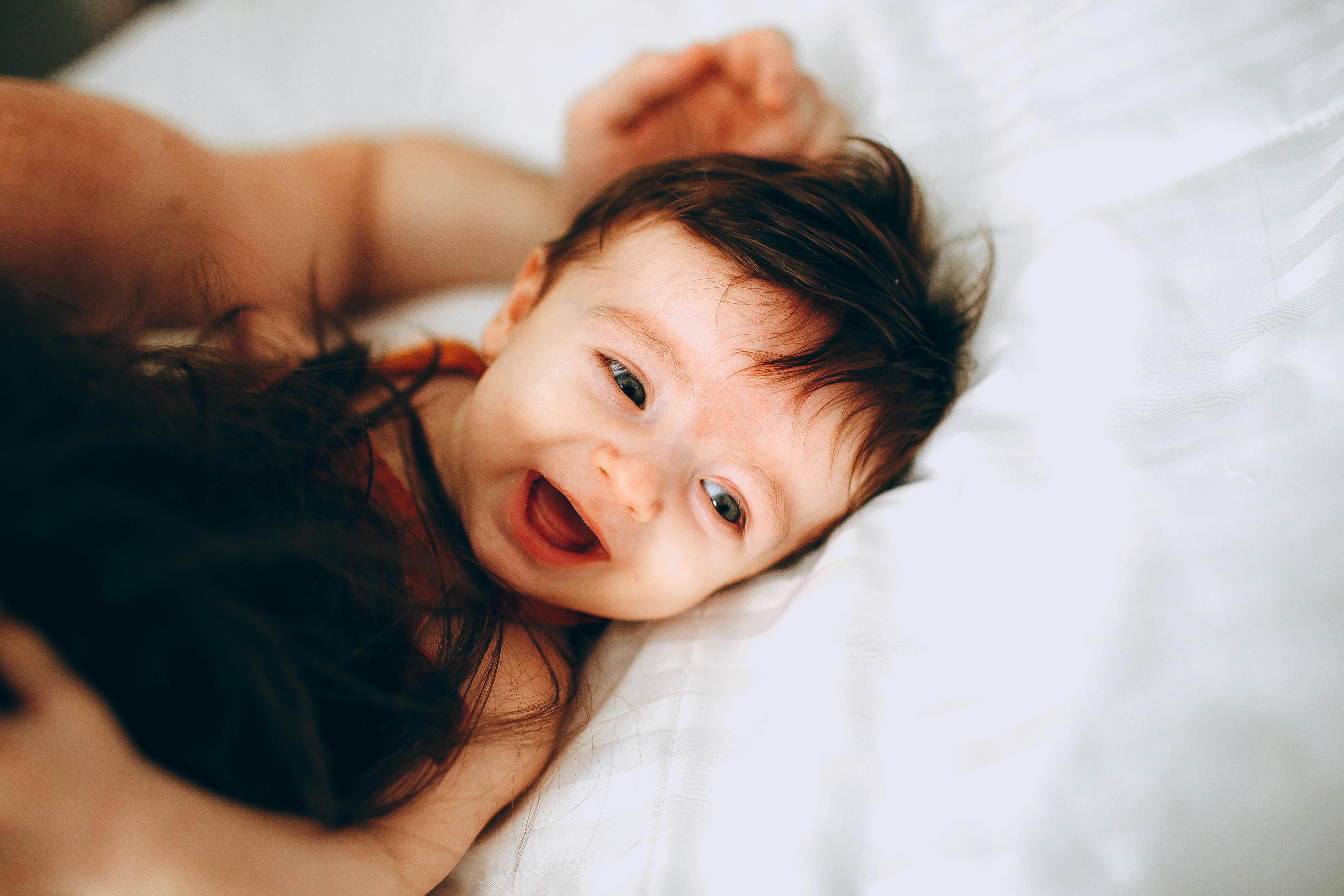
Can Overstimulation Cause Babies to Shake?
Yes, overstimulation can cause babies to shake or tremble. When a baby becomes overstimulated, their body begins to react in an attempt to cope with the overwhelming sensory input. This reaction can manifest itself as shaking or trembling, especially in infants who are not yet able to regulate the stimulation they are receiving. Overstimulation can occur when babies are exposed to too much noise, light, and physical contact. It can also be triggered by an unfamiliar environment or the introduction of new stimuli.
The signs of overstimulation in babies include crying, restlessness, irritability, and shivering or trembling. If a baby is showing signs of overstimulation it is important to respond quickly and provide them with a calm environment where they can relax and process the stimulation they have received. Reducing noise levels, dimming lights, limiting physical contact and providing comforting objects such as a pacifier can all help reduce the baby’s stress levels and provide them with a sense of security.
It is important to remember that all babies respond differently to different situations and that it is normal for some babies to be more sensitive than others when it comes to sensory input. It is also important for parents and caregivers to be aware of their baby’s needs in order to ensure that they are not exposed to excessive levels of stimulation which could lead to overstimulation and shaking.
Shaking When Excited
It is not uncommon for babies to shake or tremble when they are excited. This is usually a normal reaction to stimuli, such as the introduction of a new toy, or the arrival of a beloved family member. While these tremors may be alarming to parents, it is important to remember that they are usually harmless and do not pose any harm to the baby.
Understanding the Causes
In order to better understand why babies shake when excited, it is helpful to examine what is happening inside their bodies. When a baby experiences an intense emotion such as joy or excitement, their body releases hormones and chemicals such as dopamine and adrenaline. This surge of hormones can cause the baby’s muscles to tense up and shake involuntarily.
How Can Parents Respond?
When a baby shakes when excited, it is important for parents to remain calm and supportive. It can help to speak reassuringly, offer a comforting touch, or provide distraction with another activity. It may also be helpful for parents to take note of what caused the shaking in order to avoid similar situations in the future if necessary. Ultimately, it is important for parents not to worry too much about these episodes as they are usually harmless and will pass quickly with no lasting effects on the baby’s health or wellbeing.
What Other Reactions Do Babies Have When They are Excited?
Babies can express their excitement in many different ways. One of the most common reactions is a smile, which usually occurs when they are happy or excited. They may also clap their hands, laugh, or make other noises to show their enthusiasm. Other physical reactions can include bouncing up and down, waving arms, kicking legs, and other forms of movement. Babies may also communicate their excitement through facial expressions such as widening their eyes and raising their eyebrows.
Another way that babies show excitement is through vocalizations such as cooing and babbling. Babies may also babble out words or phrases they have recently learned to express their enthusiasm. Gestures such as pointing at objects and reaching out for them can also indicate that a baby is excited about something. Finally, babies may become more active when they are excited; running around or playing with toys more energetically than usual.
By observing your baby’s reactions to different experiences, you will be able to better understand what excites them and how best to respond to it.
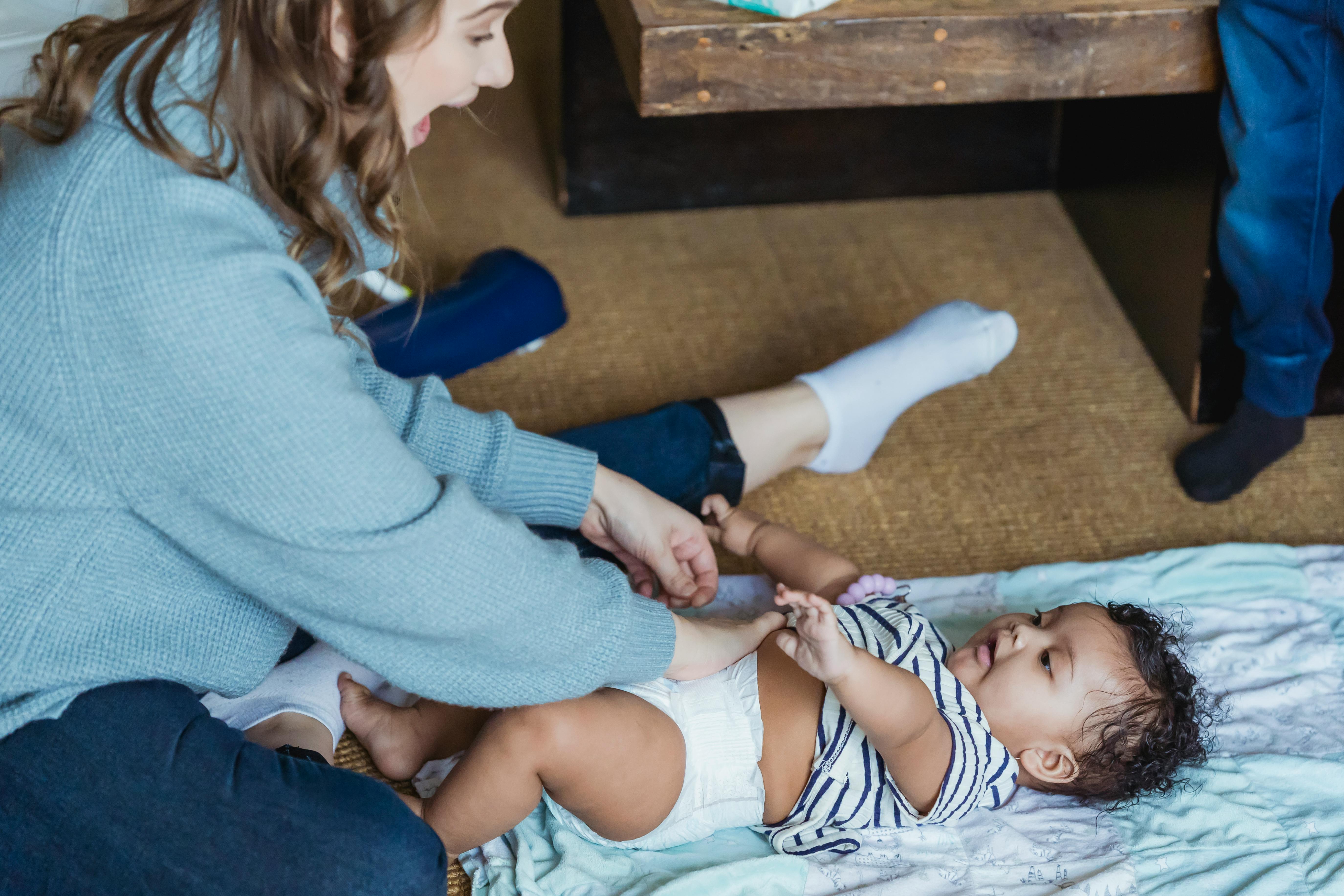
Conclusion
When babies shake when excited, it is a sign of their growing neurological development. As babies grow, they begin to recognize and respond to the emotions of others. Shaking is one of the ways they show excitement and joy in response to these emotions. It is also an important social skill that helps them build stronger relationships with their caregivers and with other children.
Parents should not be overly concerned if their baby shakes when excited unless it becomes excessive or accompanied by other physical symptoms. If this happens, they should seek medical advice from a healthcare professional to ensure that there are no underlying health issues.
Overall, shaking when excited is natural in babies and can be a sign that the baby is developing normally. It can also help the baby connect with others and become a more confident person in the future.
Therefore, understanding why babies shake when excited and recognizing it as a normal developmental milestone can help parents reassure them and foster healthy attachment between them and their child.

